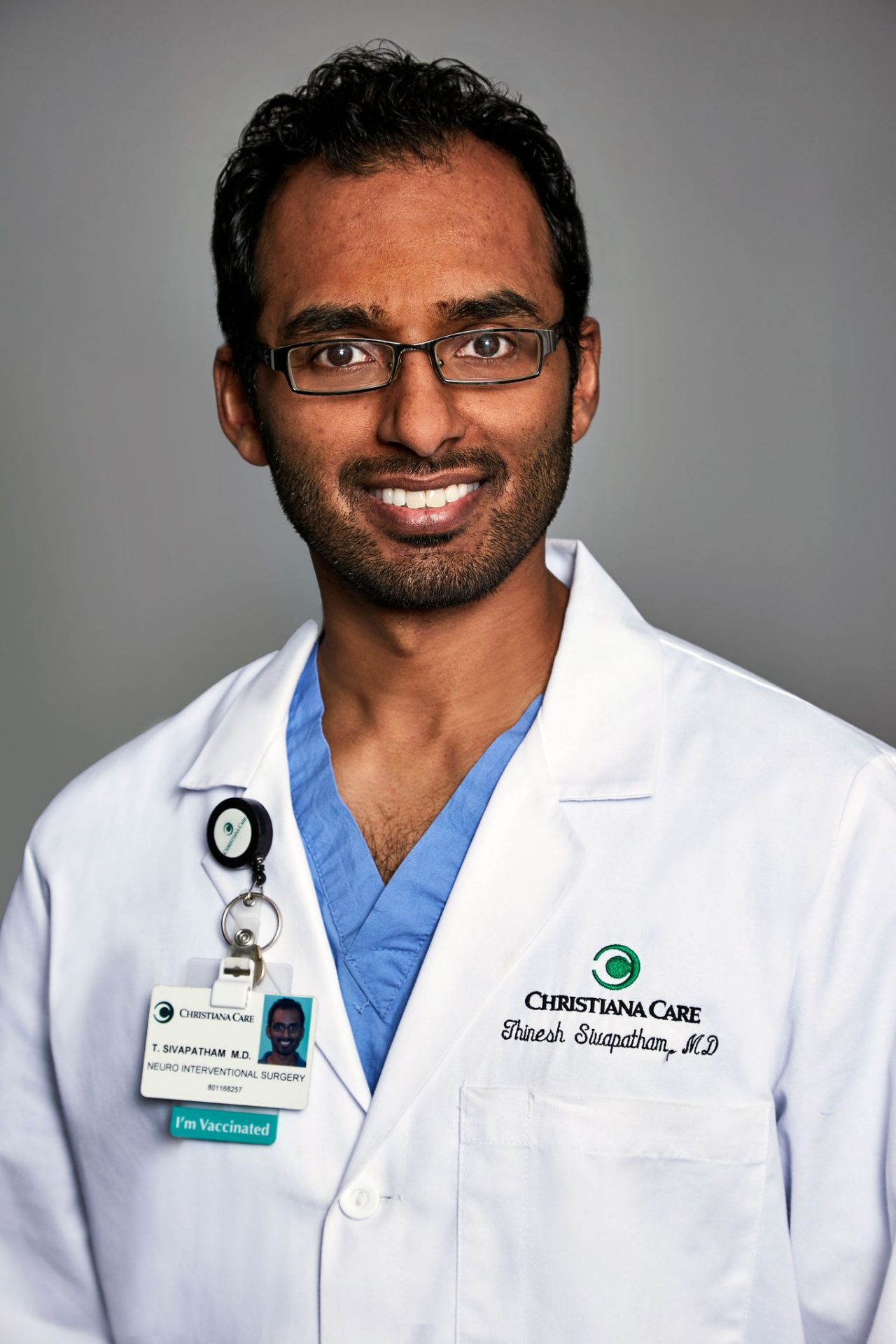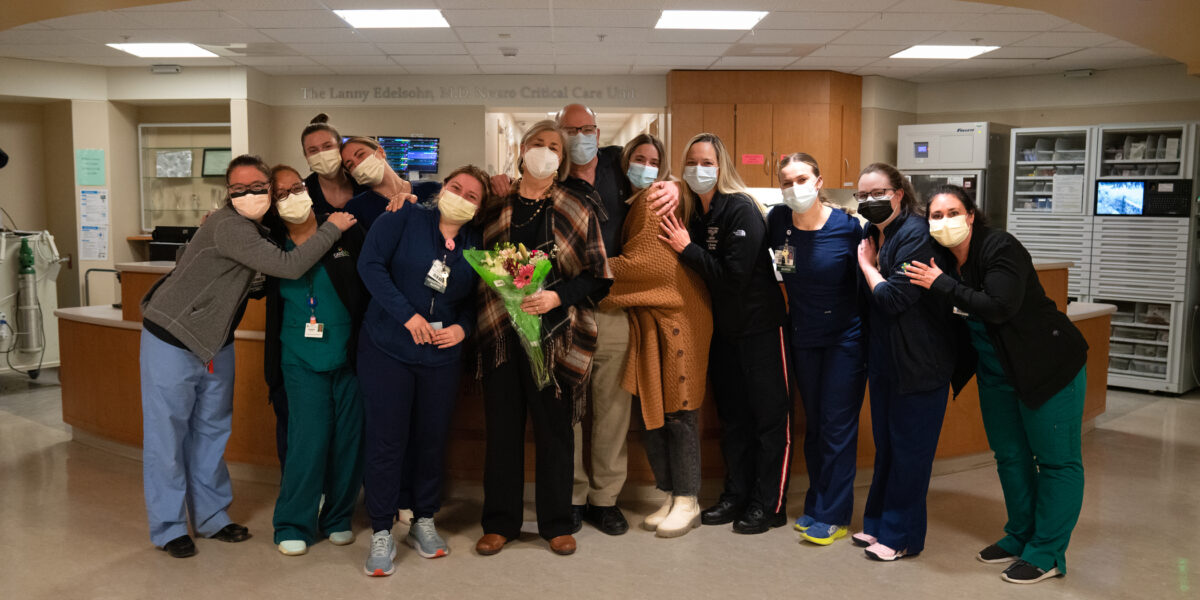Login
Stroke Program
Our Stroke Team
ChristianaCare Stroke Program has a team with specialized expertise.
Our Stroke Team
Experts at Stroke Care
The ChristianaCare Stroke Program includes services at Christiana Hospital, Wilmington Hospital, and the freestanding Middletown Emergency Department. All three facilities have been awarded by The Joint Commission, a national certifying organization. Christiana Hospital has been recognized as a Comprehensive Stroke Center, the most advanced level of expertise in stroke care by The Joint Commission. Wilmington Hospital has been awarded as a Primary Stroke Center. Middletown Emergency Department has been awarded as an Acute Stroke Ready Hospital. Our program provides 24-7 availability of expertise in stroke care including neurologists, neurosurgeons, and neurointerventional radiologists. For patients who arrive within a few hours of the start of stroke symptoms, we offer a full range of emergency treatment options including medications and advanced surgical techniques to restore blood flow to the brain and prevent further brain injury.
Meet Our Team
Kimberly P. Gannon, MD, PhD
Medical Director, ChristianaCare Comprehensive Stroke Program
Vascular Neurologist
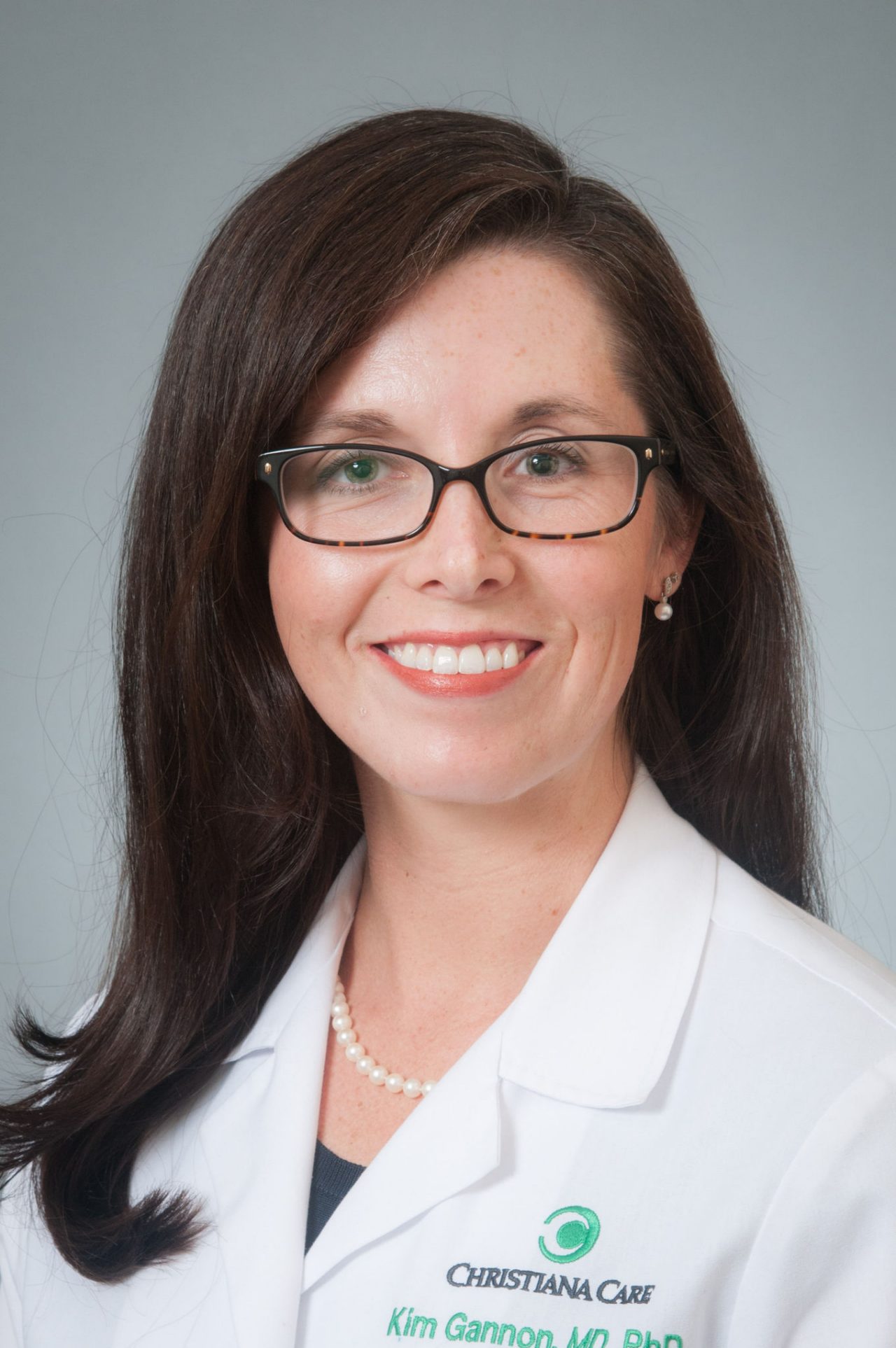
Mary Ciechanowski, MSN, RN, APRN, ACNS-BC, CCRN-K
Stroke Program Coordinator, ChristianaCare Comprehensive Stroke Program: Comprehensive Stroke Center
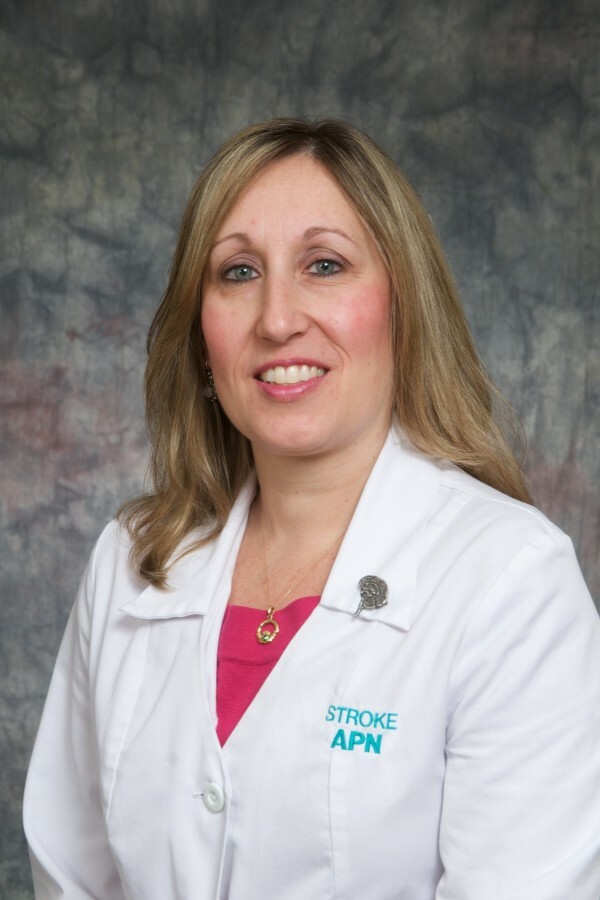
Jason Nomura, MD, RDMS, FACP, FAAEM, FAHA
Associate Director, ChristianaCare Comprehensive Stroke Program
Emergency Department Physician
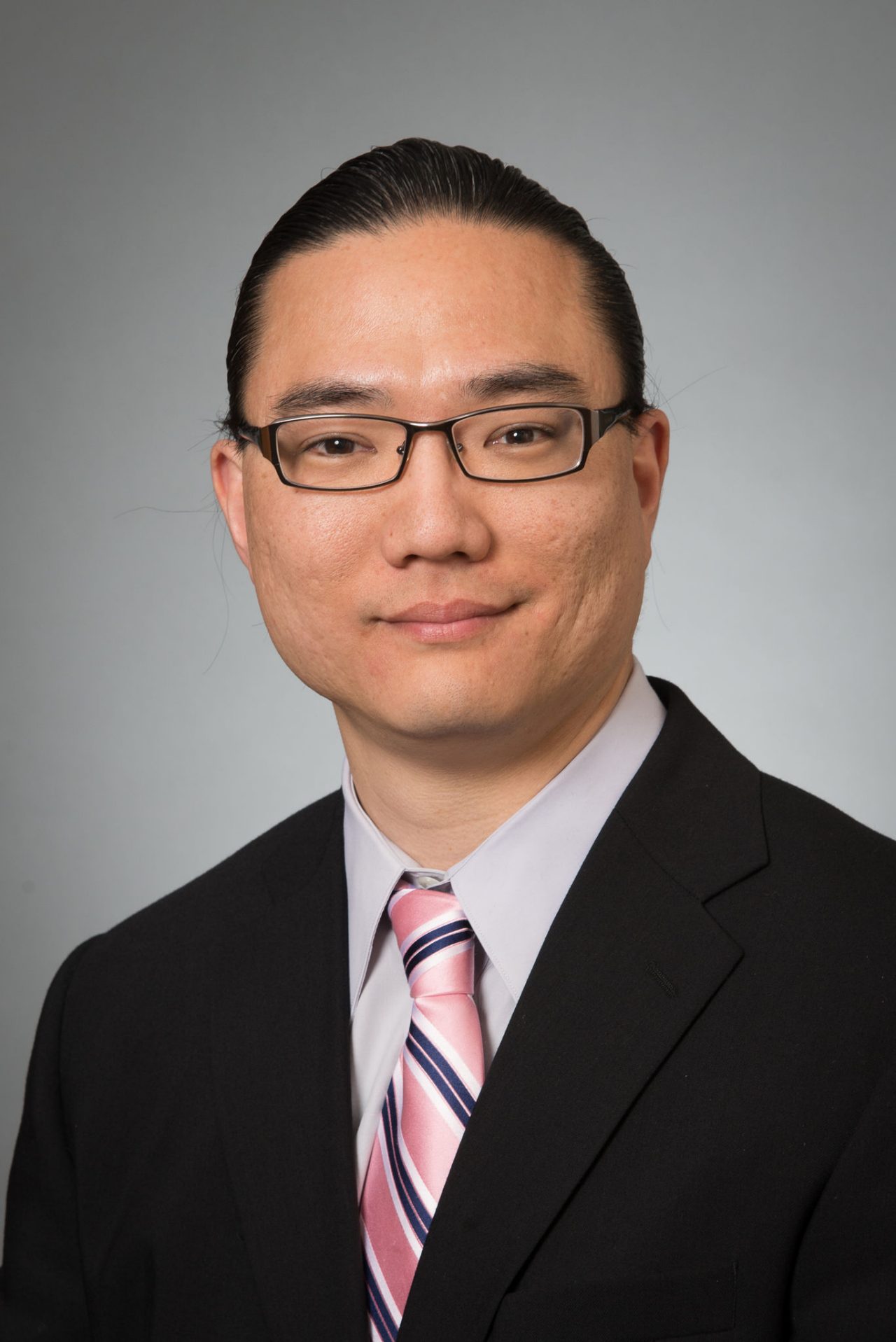
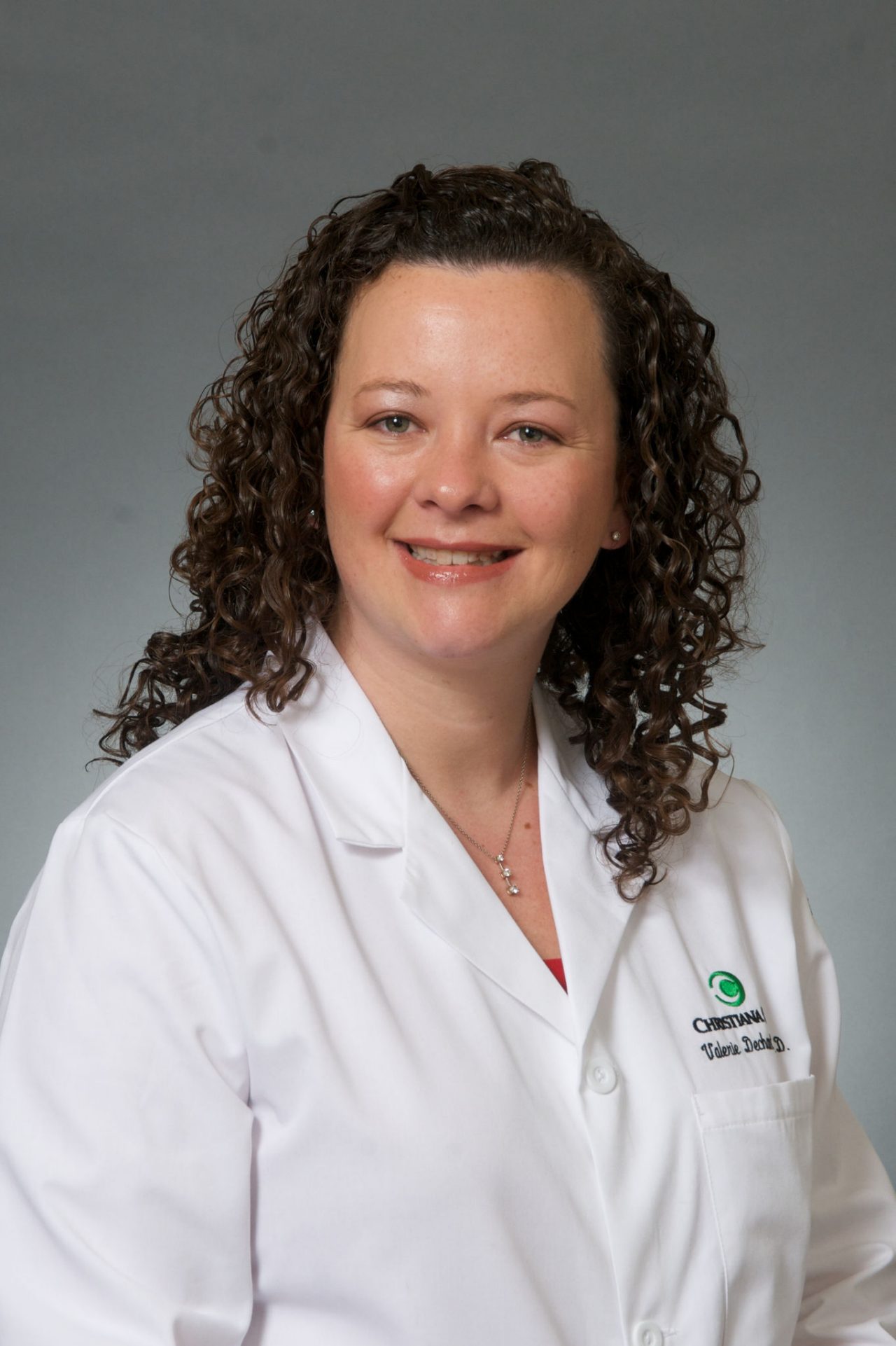
Reina McAndrew, MS, APRN, FNP-BC, SCRN
Stroke Program Coordinator, ChristianaCare Comprehensive Stroke Program: Primary Stroke Center
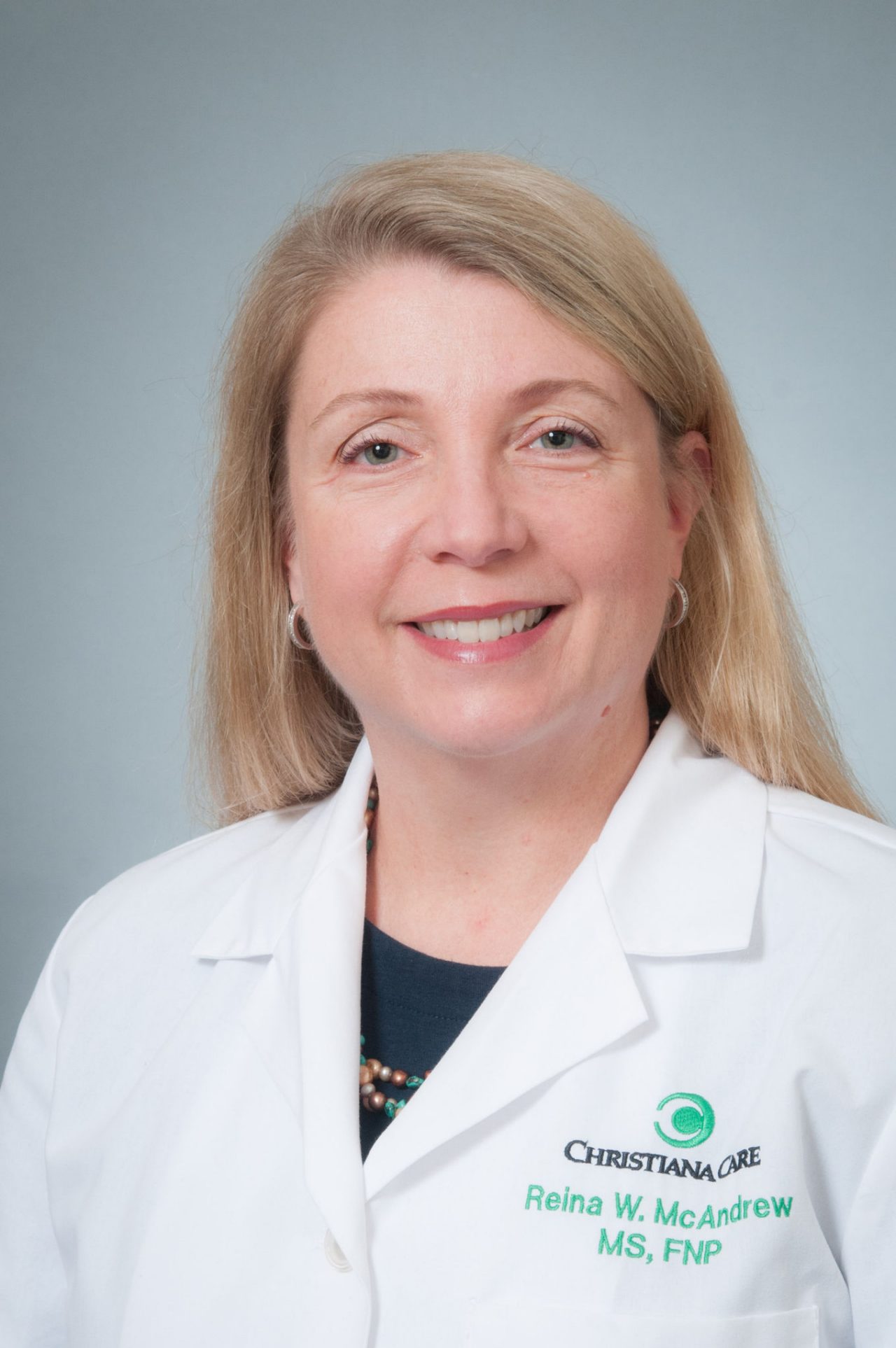
ChristianaCare brings specialists from many disciplines together to provide comprehensive stroke treatment and recovery.






